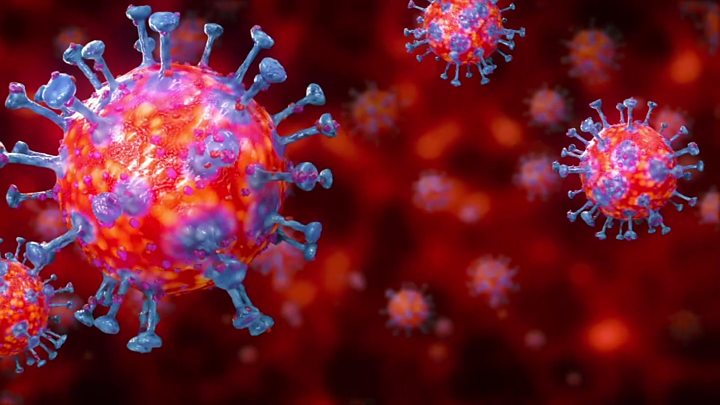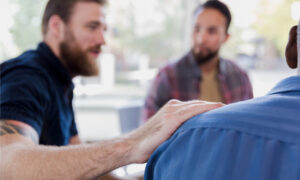A new coronavirus designated as SARS-CoV-2 (severe acute respiratory syndrome coronavirus 2) was first detected in Wuhan, China in December 2019. The virus that initially started with a just cluster of pneumonia patients ended up infecting more than five million people worldwide. In order to control the spread of COVID-19, governments and health authorities have implemented social distancing, quarantine and COVID-19 testing service nationwide. Besides concerning the figures of COVID-19 cases, here are some fun (and real) facts about the coronavirus that you may not know.
- Most people infected with COVID-19 do recover from it.
The majority of people infected with COVID-19 only develop mild to moderate illness and are able to recover with adequate supportive care. Catching the new coronavirus does NOT mean being infected for life. Nevertheless, it is important to be aware and alert. If you experience symptoms like fever, cough, and sore throat, seek medical care by calling the health facility first. The doctors will determine whether you should stay at home for self-isolation or visit the hospital to get tested. If you have breathing difficulty, immediately seek medical care in the hospital.
- Anyone of any age can be infected with COVID-19 anywhere.
People of all ages can be infected with the new coronavirus. However, older people and those with underlying medical conditions such as asthma and diabetes are more susceptible to develop severe respiratory illness from COVID-19. Contrary to many beliefs, the climates of a region do not affect the transmission of coronavirus. Cases of COVID-19 have been reported from countries of cold and hot climates. Exposure to snow or sunlight also does not prevent infection of COVID-19 or kill the virus.
- Rinsing your nose with saline DOES NOT help to prevent COVID-19.
There is absolutely no evidence to support regular rinsing of your nose with saline protects from COVID-19 infection. However, rinsing your nose with saline is helpful in speeding the recovery from a common cold.
- Drinking alcohol DOES NOT protect you from COVID-19 infection.
While alcohol is often used as an antiseptic or disinfectant, drinking any type of alcohol does NOT prevent the infection of COVID-19. Excessive alcohol intake is harmful to your health.
- Thermal scanners CANNOT detect COVID-19.
Thermal scanners are effective in detecting people with fever, but not people infected with COVID-19. The only way to confirm COVID-19 infection is by testing kits.
- Pepper and garlic DO NOT prevent COVID-19 infection
There is no evidence that adding home remedies like adding hot peppers to your food or eating garlic can help to prevent COVID-19 infection. The best way to protect yourself from COVID-19 infection is to practise regular hand washing and social distancing of at least 1 meter away. Just a simple washing with soap and water for a minimum of 20 seconds can effectively remove the virus from our hands. While pepper and garlic are useless, it is particularly helpful to boost up your immunity by maintaining a balanced diet, staying hydrated, exercising regularly and sleeping well.
- COVID-19 is NOT spread by flies or mosquitoes bites
To date, there is no scientific evidence to suggest that the new coronavirus has evolved to transmit via flies or mosquitoes. COVID-19 spreads mainly through water droplets expelled from an infected person’s coughs, sneezes or speaks. Additionally, the virus can survive on inanimate surfaces for hours. Thus a person can become infected by touching a contaminated surface, picking up the virus, and then touching the eyes, nose or mouth. For this reason, it is important to wash your hands thoroughly before touching your face.
- NO drugs or medicines have been found to treat COVID-19
Extensive researches are still ongoing to find the best medication to treat and prevent COVID-19. There was news on the potential of hydroxychloroquine as a COVID-19 treatment, but the serious side effects that it caused outweighs the benefits. Presently, the best treatment for COVID-19 patients is symptomatic relief and adequate supportive care. There is also no vaccine available for coronavirus. Antibiotics are ineffective for coronavirus as it only works against bacteria, not viruses.




